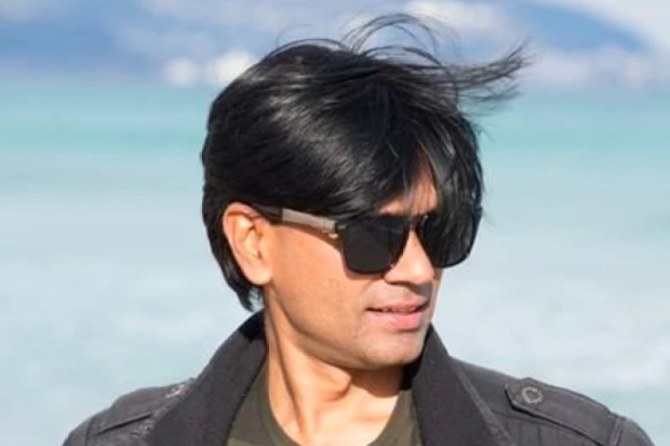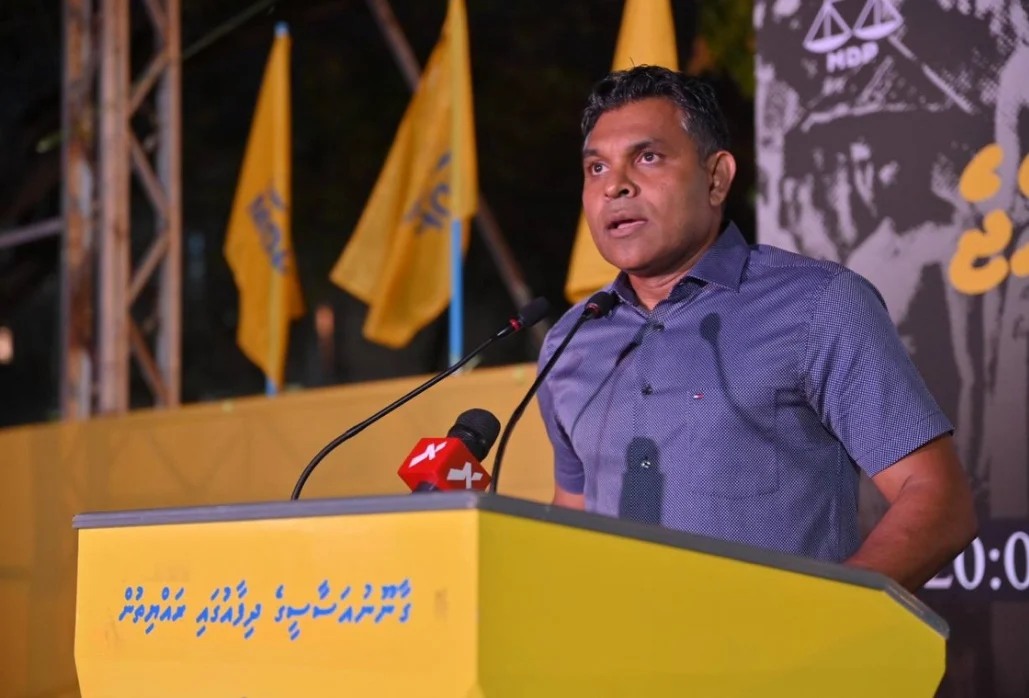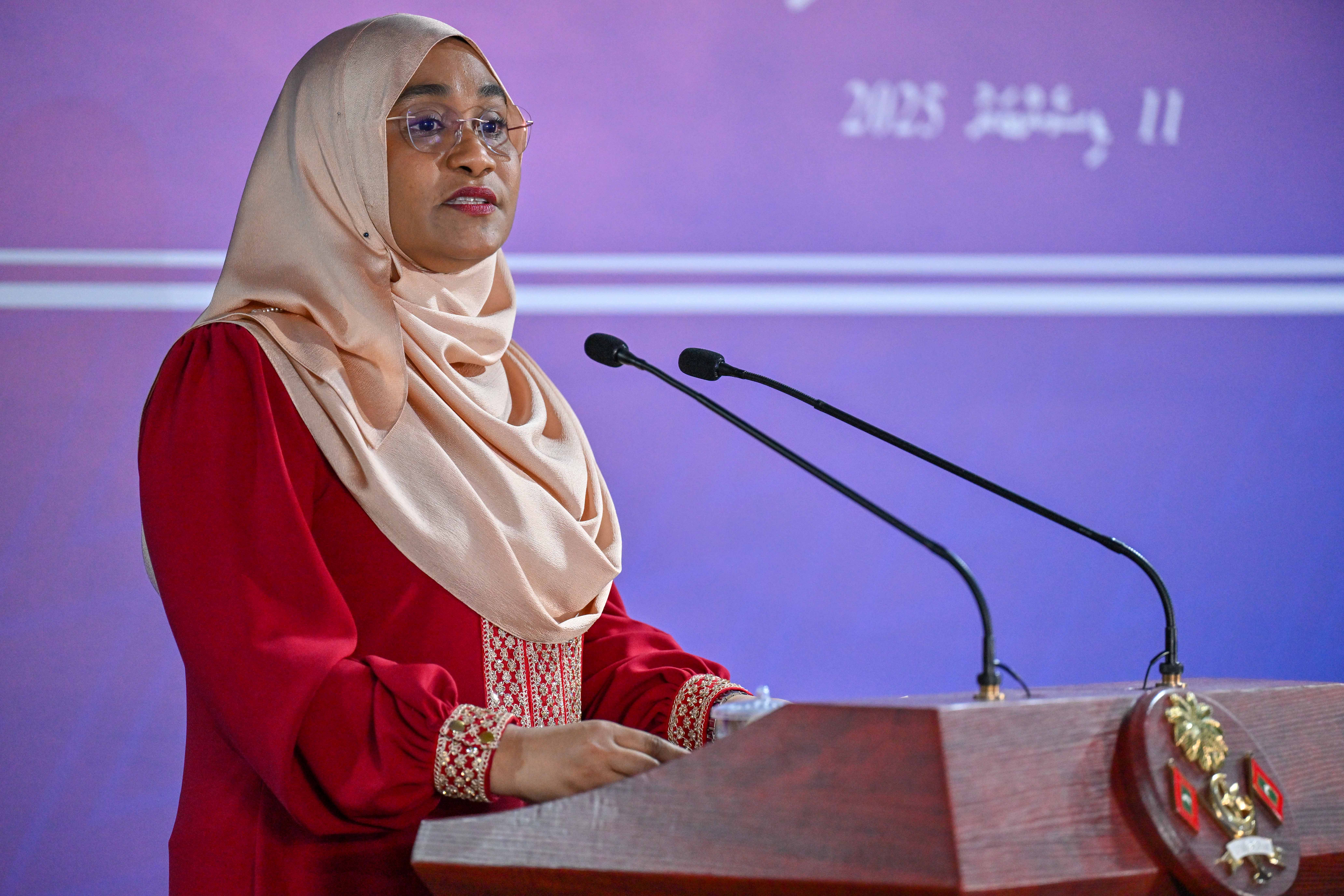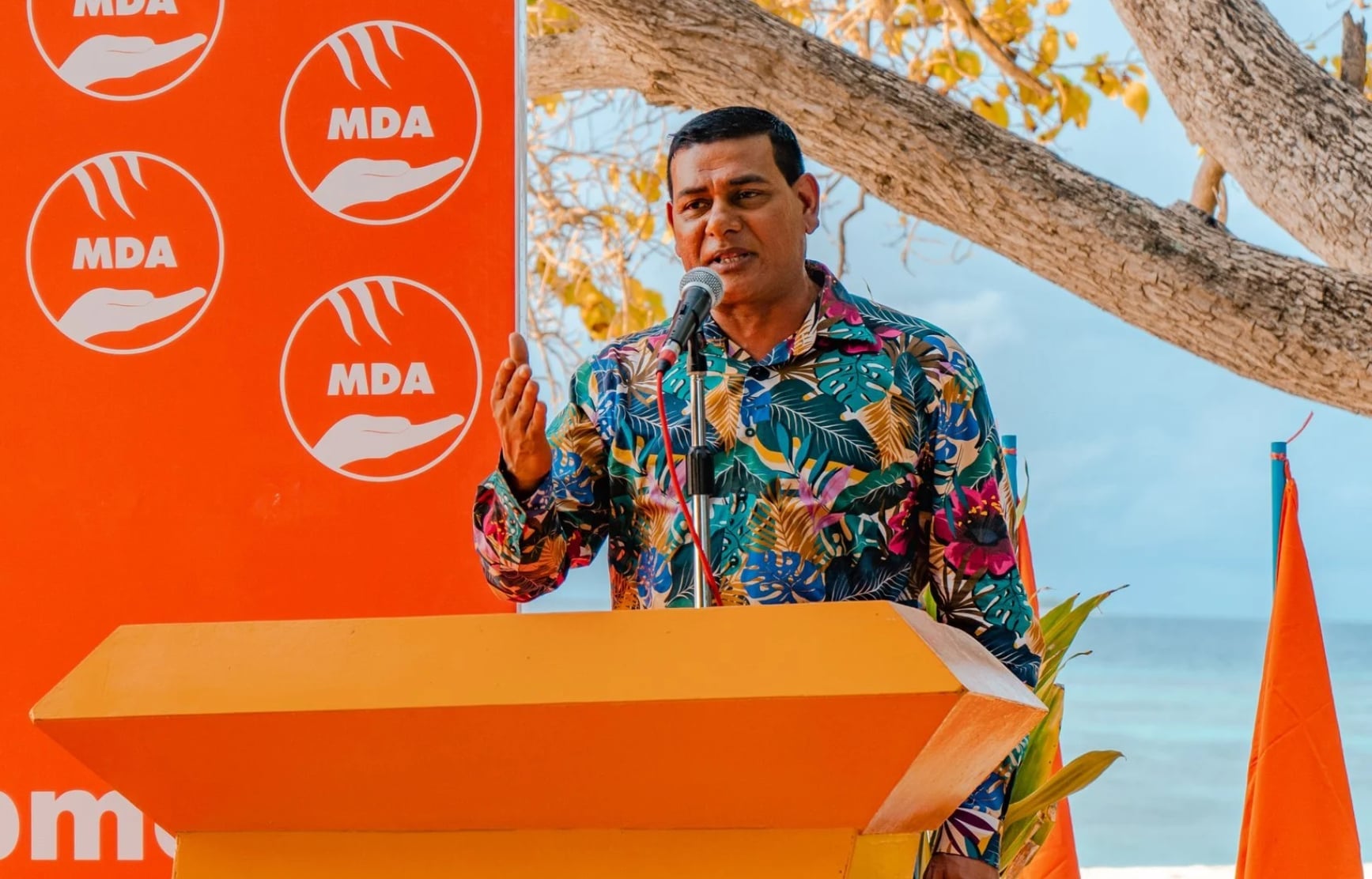India’s Supreme Court ordered on Wednesday the release on bail of a detained journalist who was one of the first to highlight controversial comments on Islam by an official from the country’s ruling party.
Mohammed Zubair, one of the co-founders of fact-checking website Alt News, drew attention to controversial comments made by Nupur Sharma, the now-suspended spokesperson of the Bharatiya Janata Party, on the Prophet Muhammad, which last month created a diplomatic row for Prime Minister Narendra Modi’s administration.
He was arrested by New Delhi police on June 27 on charges of posting pictures on social media “against a particular religious community.” The arrest followed a complaint by a Twitter user over Zubair’s post from 2018, in which he commented on the renaming of a hotel after a Hindu deity.
Days later, police in the northern state of Uttar Pradesh accused Zubair of using an “offensive term — hatemongers” to describe three Hindu religious leaders who were seen in videos inciting violence against Muslims. Despite a court in Delhi granting him bail in the original case, in which he was arrested, the journalist remained in custody over the other charges filed by the Uttar Pradesh police.
The Supreme Court said it did not find any “justification to keep him in continued detention and subject him to an endless round of proceedings in various courts.”
“Having found that he has been subjected to a fairly sustained probe by Delhi Police we see no reason to prevent his liberty further,” the court’s order read.
In response to a demand by the Uttar Pradesh administration to bar Zubair from “putting out tweets,” the court ruled it “will not place any such order.”
Zubair’s arrest stirred outrage among Indian journalists, civil rights activists, and the international community. The German government asked India to give “necessary space” to “democratic values like freedom of expression and freedom of the press.”
Mohammed Zubair, one of the co-founders of fact-checking website Alt News, drew attention to controversial comments made by Nupur Sharma, the now-suspended spokesperson of the Bharatiya Janata Party, on the Prophet Muhammad, which last month created a diplomatic row for Prime Minister Narendra Modi’s administration.
He was arrested by New Delhi police on June 27 on charges of posting pictures on social media “against a particular religious community.” The arrest followed a complaint by a Twitter user over Zubair’s post from 2018, in which he commented on the renaming of a hotel after a Hindu deity.
Days later, police in the northern state of Uttar Pradesh accused Zubair of using an “offensive term — hatemongers” to describe three Hindu religious leaders who were seen in videos inciting violence against Muslims. Despite a court in Delhi granting him bail in the original case, in which he was arrested, the journalist remained in custody over the other charges filed by the Uttar Pradesh police.
The Supreme Court said it did not find any “justification to keep him in continued detention and subject him to an endless round of proceedings in various courts.”
“Having found that he has been subjected to a fairly sustained probe by Delhi Police we see no reason to prevent his liberty further,” the court’s order read.
In response to a demand by the Uttar Pradesh administration to bar Zubair from “putting out tweets,” the court ruled it “will not place any such order.”
Zubair’s arrest stirred outrage among Indian journalists, civil rights activists, and the international community. The German government asked India to give “necessary space” to “democratic values like freedom of expression and freedom of the press.”


















